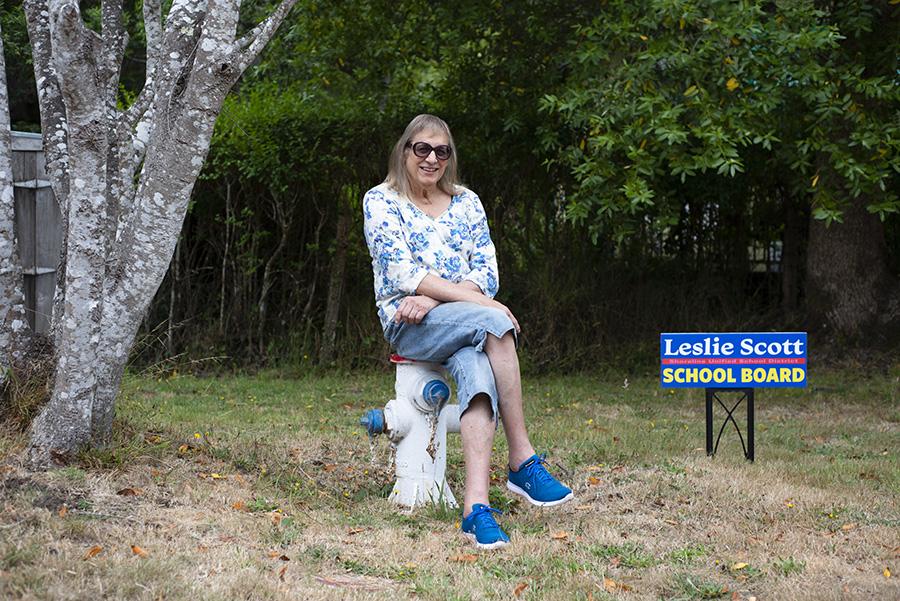Leslie Richelle Scott, a Jill-of-all-trades who had a Ph.D. in philosophy and a sense of humor that saw her through . . .
Leslie Scott, Jill-of-all-trades, dies at 71


Leslie Richelle Scott, a Jill-of-all-trades who had a Ph.D. in philosophy and a sense of humor that saw her through . . .